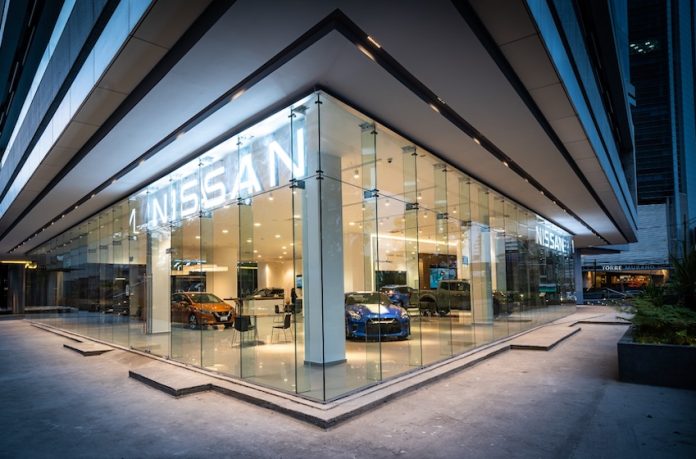More cars were sold in Mexico in 2023 than in any of the previous five years, according to a report from the national statistics agency INEGI based on information provided by 23 auto sellers.
According to the INEGI data, more than 1.36 million new light vehicles were sold domestically in 2023, an increase of 24.4% compared to the 1.1 million sold in 2022.

Mexico’s all-time record for a single year was 1.6 million in 2016; the 2023 total was the highest since 2018, when 1.43 million cars were sold.
The data was reported to INEGI by the Administrative Registry of the Automotive Industry of Light Vehicles (RAIAVL). It was sourced from 23 companies affiliated with the Mexican Automotive Industry Association, A. C. (AMIA), Giant Motors Latin America and Autos Orientales Picacho.
Guillermo Rosales, president of the Mexican Association of Automotive Distributors (AMDA), said the rebound in 2023 corresponds to three things: the continued recovery of the domestic market since the COVID-19 pandemic, the resumed flow of automotive supply chains and a rebounding supply of semiconductors.
In December, the Mexican population bought 142,959 light vehicles — the highest total in the past 72 months and 16% higher than in December 2022 (123,282). The previous highest-selling month was December 2017, when 159,234 vehicles were sold.
According to INEGI, the leading brand in the Mexican market is Nissan, with 241,000 units sold in 2023 for a 17.7% market share. The top five is rounded out by General Motors (184,000 vehicles; 13.5%), Volkswagen (150,000; 11%), Toyota (104,000; 7.6%) and Stellantis (96,800; 7.1%).
Stellantis includes brands such as Chrysler, Jeep, Dodge, Ram, Peugeot, Fiat, Citroën, Opel and Alfa Romeo.
In April of last year, Rosales stated that he expected a “cooling” of domestic sales for the second half of 2023. He said vehicle sales had achieved a recovery at that point, but that inflation and higher interest rates going forward would bring down sales.
This turned out not to be the case. Sales averaged 121,391 vehicles per month from July to December, which was 15% higher than the 105,514 monthly average from January to June.

Moreover, the increase from November 2022 (97,789) to November 2023 (128,961) was 31.9% — the highest increase in 25 years when comparing figures that are exactly 12 months apart, according to El Financiero.
The reasons given by the newspaper in November included the acceleration of new financing plans and “the arrival of new Chinese brands to the country.”
Domestic light vehicle production was also up 14% in 2023, according to a separate INEGI report published in October.
With reports from El Economista and El Financiero
